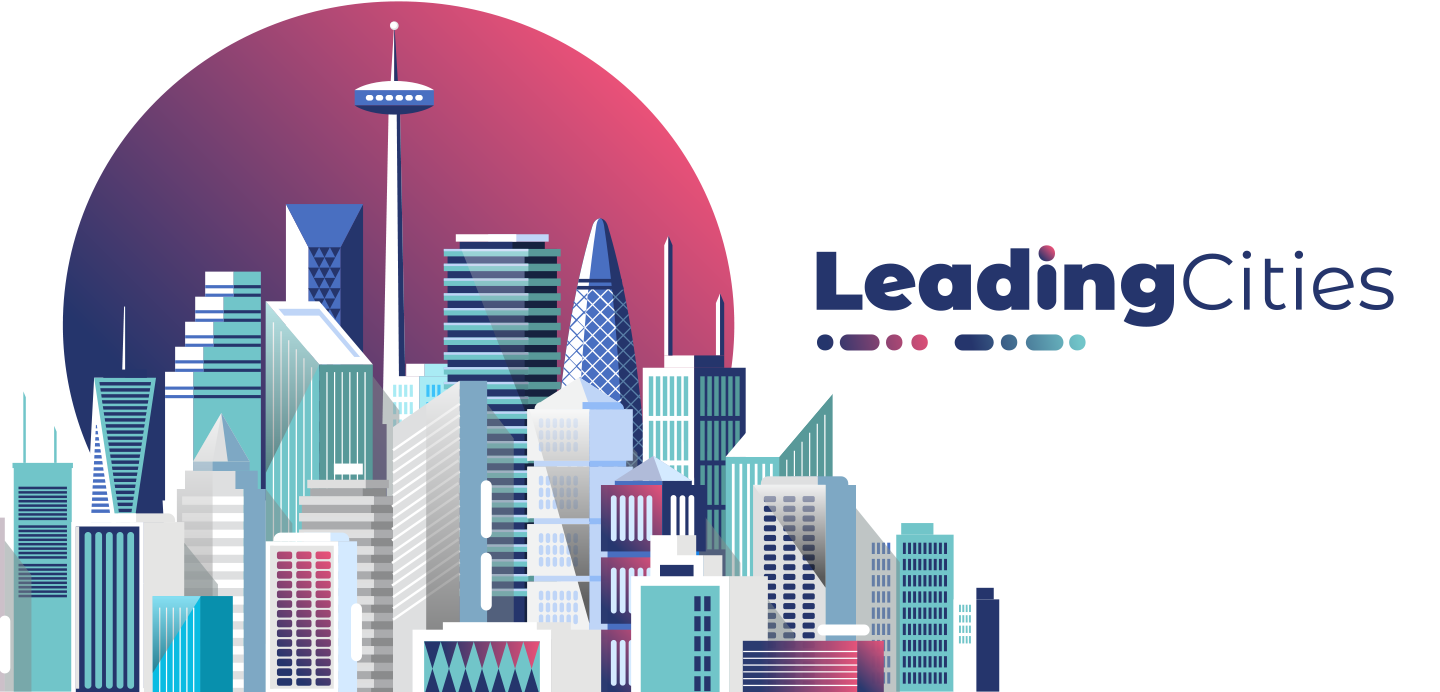My career has been defined by building institutions for better government technology. That started at Code for America and then continued within government in the City of Los Angeles and the City of Sacramento. These experiences opened my eyes to the need for new ideas within government. There’s a talent problem in our public sector, and I decided to focus my career on addressing that.
We need to build a better pipeline — a pipeline of builders, of scholars — of leaders.
And so I have spent the last few years picking up as many graduate degrees I could get my hands on. The primary motivation was to learn how to lead better for cities — to understand the gaps in our educational systems for public service. However, another realization came in front of my mind: the line between research and entrepreneurship is not as clear as you would think, particularly in the public sector.
Good research is finding a gap in the literature and filling it. Good entrepreneurship is finding a gap in the market and filling it.
That is not a remarkable observation. What was more remarkable to me was the alignment between what academics do and what entrepreneurs do. We all answer questions. Moreover when it comes to public interest technology companies: their questions are fundamentally academic: what helps government work better?
Every day smart city startups are trying to answer that question. They are living and breathing case studies in the future.
That’s a realization that took me about 10 years to realize.
Leading Cities and its leader, Mike Lake, came to this same conclusion years ago. That is why they transitioned from a purely academic network to an entrepreneurial one. Leading Cities doesn’t just publish research, they make things happen. Its flagship program AcceliCITY puts the best research to work: it funds pilots to show what is possible for better governance.
In its short life as a technology and innovation institution, Leading Cities has had an outsized impact:
- Better transportation: Connecting a smart parking solution from South Carolina with the City of New Bedford, Massachusetts to not just bring handsfree payment options for parking, but to leverage city and privately owned properties to meet the parking needs of the downtown area.
- Better public works: Sourcing, vetting, and educating a food waste reduction solution for the City of Gainesville, Florida to meet the city’s goals of reaching zero waste by 2040.
- Better sustainability: Expanding the impact of a wastewater solution to also improve the greening of the private sector by piloting their award-winning, enzyme-based filtration system that removes the micro-organic pollutants from the wastewater of AstraZeneca’s largest manufacturing facility.
The future of cities will be written by both professors and engineers, it will be written by scholars and entrepreneurs, by universities and startups. That’s the next chapter for urban innovation.
I’m honored to be a part of it at Leading Cities. Let’s write a new book together. And let’s make it great.

